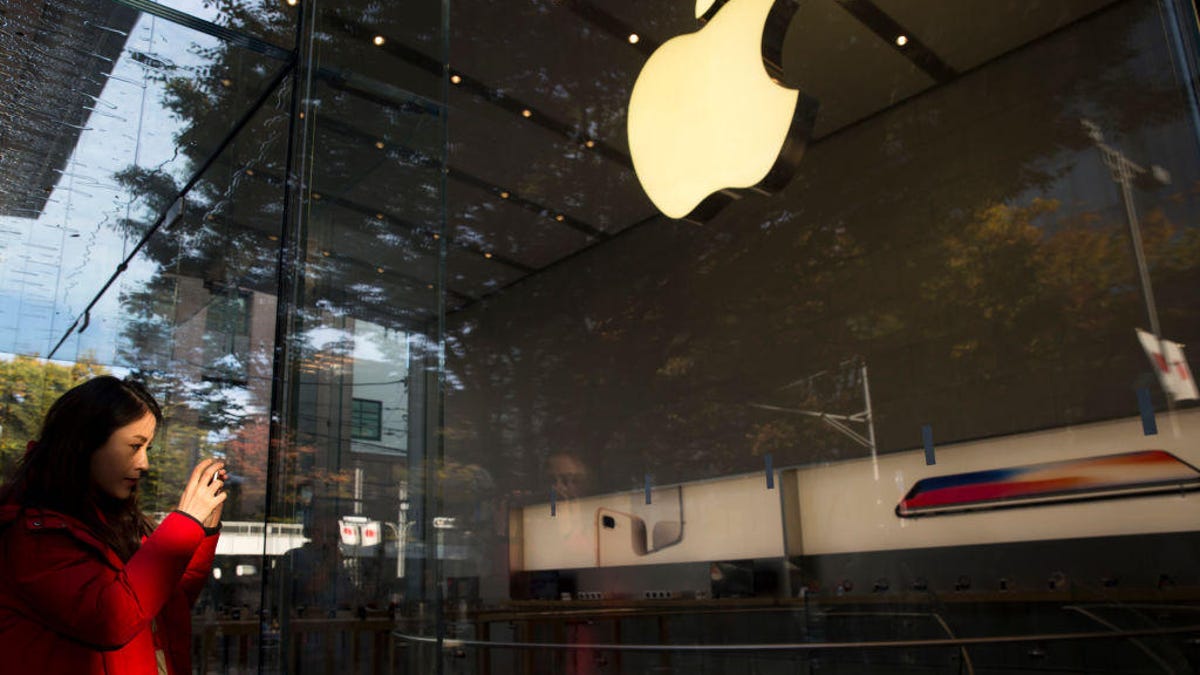Apple iPhone policy may have breached Japan's antitrust laws
Regulators weren't happy about how Apple was setting iPhone prices.

Apple may have limited Japanese consumers' choices, according to the country's antitrust watchdog.
Apple might have breached Japanese competition laws by requiring carriers to sell iPhones at a lower cost than its competition.
The Japan Fair Trade Commission said that Apple's policy forced service providers NTT Docomo, KDDI and SoftBank to sell its iPhones at a discount but then charge higher monthly fees, thus limiting consumers' choices, Reuters reports.
"Obliging carriers to offer subsidies [for iPhones] could have prevented the carriers from offering lower monthly charges and restricted competition," the FTC told Reuters.
But Apple won't be punished, because it has agreed to alter this practice and revise its contracts with service providers. That will give consumers the option of buying an iPhone without any subsidies, with lower monthly charges.
"We work hard to make sure our customers have great choices when choosing their iPhone and the plans offered with them," an Apple spokesperson said. "In Japan we are happy to be working with the carriers and the JFTC to help provide customers with the best options to suit all of their needs."
In the US, Apple faces a different kind of antitrust battle. The Supreme Court agreed in June to hear a petition from the company that calls into question who can bring a case against it regarding its App Store business model.
Originally published July 11 at 6:34 a.m. PT.
Updated at 9:31 a.m. PT: Added Apple comment.

